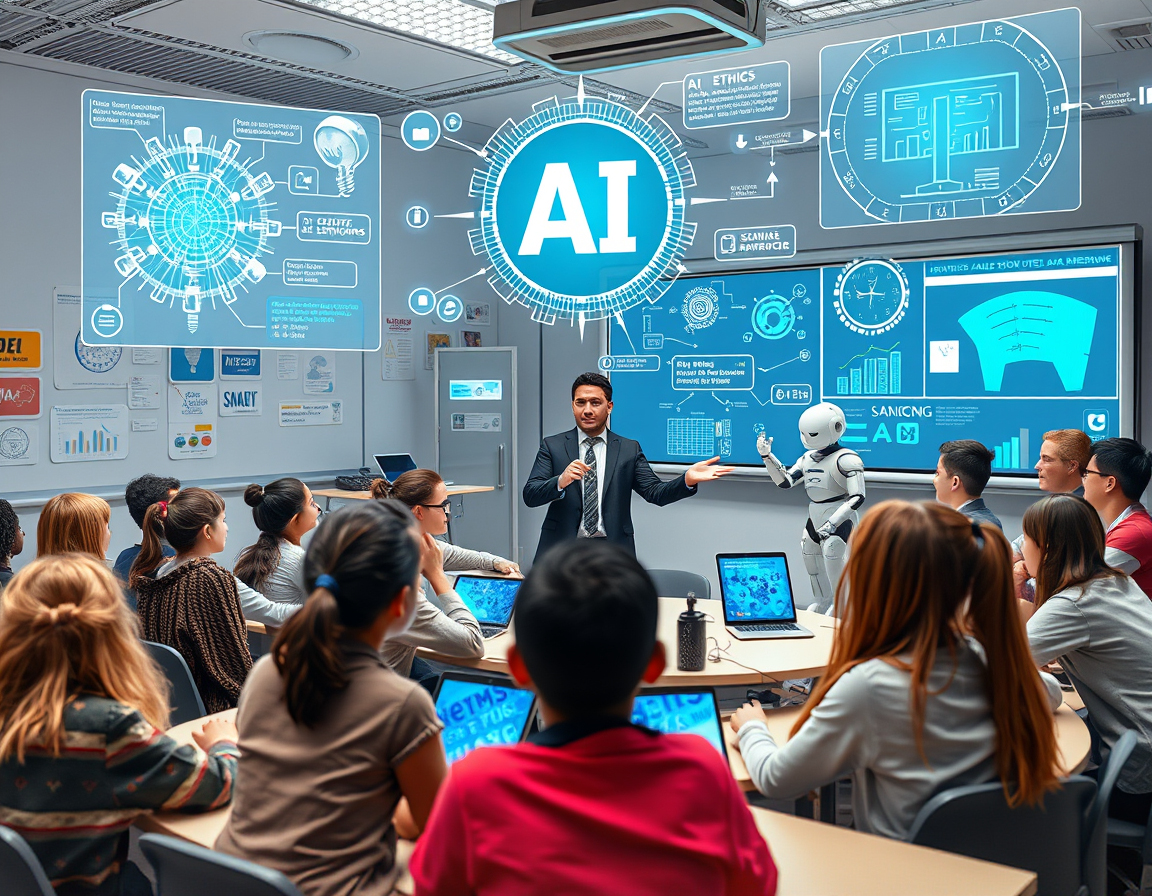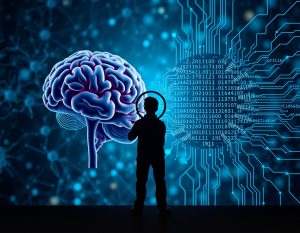Hold onto your hats, folks! We’re diving headfirst into the wild world of artificial intelligence, and trust me, it’s a rollercoaster you don’t want to miss. Did you know that by 2025, a whopping 97 million new jobs are expected to emerge due to AI and automation? That’s right – the future is knocking, and it’s wearing an AI-powered suit! But here’s the million-dollar question: Are our students ready for this AI revolution? Well, that’s where AI literacy skills come into play. These aren’t just fancy buzzwords, my friends. AI literacy skills are the golden tickets to thriving in our increasingly AI-driven world. So, buckle up as we explore the 10 essential AI literacy skills that every student needs to master. Trust me, your future self will thank you for embracing these AI literacy skills!
Alright, future AI maestros! Buckle up, because we’re about to embark on an exhilarating journey through the 10 essential AI literacy skills every student needs to master in 2024. Trust me, by the time we’re done, you’ll be ready to conquer the AI world like a pro!
1.Understanding AI Fundamentals
Let’s kick things off with the basics, shall we? Artificial intelligence literacy isn’t just about knowing Siri can tell jokes. It’s about grasping the core concepts that make AI tick.
First up, we’ve got machine learning basics. Picture this: instead of being explicitly programmed, machines learn from data. Mind-blowing, right? It’s like teaching a computer to fish instead of just giving it a fish emoji! This is the foundation of modern AI, and understanding it is crucial for navigating our AI-driven world.
Now, let’s talk about types of AI systems. We’ve got narrow AI, general AI, and super intelligent AI. Don’t worry, we’re not living in a sci-fi movie yet – most AI we interact with is narrow AI, designed for specific tasks. But knowing the differences is key to understanding AI’s potential and limitations.
But here’s where it gets really exciting: the historical development and future trends in AI technology. From the birth of AI in the 1950s to today’s chatbots that can write poetry, we’ve come a long way. And trust me, the future’s looking brighter than a supernova! Understanding this evolution helps us appreciate where we are and where we’re headed in the AI revolution.
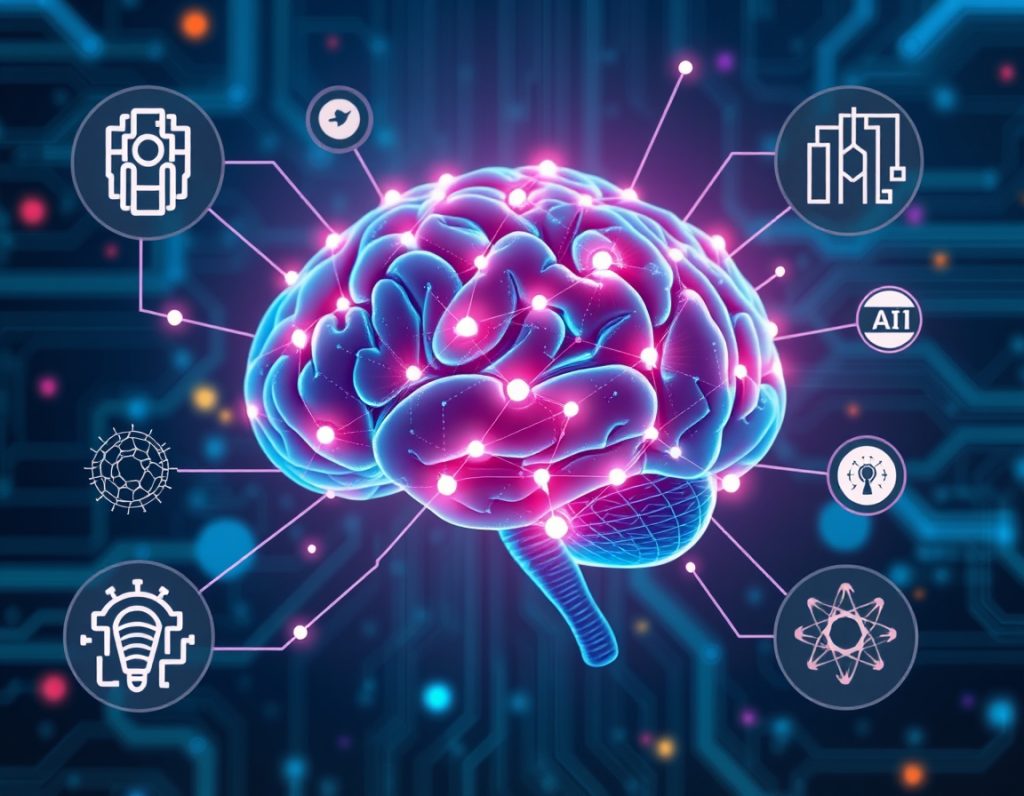
2.Data Literacy and Analysis
Alright, data nerds (and soon-to-be data nerds), this one’s for you! In the world of AI, data is king, queen, and the whole royal family.
First things first: data collection and cleaning. It’s not glamorous, but it’s crucial. Garbage in, garbage out, as they say in the biz. You’ve got to know how to gather the right data and whip it into shape. This means understanding different data types, and sources, and how to prepare them for AI consumption.
But here’s where the magic happens: interpreting AI-generated insights. It’s like being a detective, but instead of magnifying glasses, you’re using AI visualization tools. Cool, huh? You’ll need to learn how to read charts, graphs, and other visual representations of data that AI systems often produce. This skill is invaluable in making sense of complex information and drawing meaningful conclusions.

3. Ethical Considerations in AI
Now, let’s put on our philosopher hats for a moment. AI ethics isn’t just for the Elon Musk of the world – it’s for everyone!
AI bias is a big one, folks. We need to be on our toes, making sure our AI systems aren’t perpetuating harmful stereotypes. It’s like teaching a robot to be a good citizen! This involves understanding how bias can creep into AI systems through biased training data or flawed algorithms, and learning strategies to mitigate these issues.
And don’t even get me started on data privacy. In a world where AI knows what you have for breakfast, protecting personal information is crucial. It’s all about striking that balance between innovation and privacy. You’ll need to understand data protection regulations, privacy-preserving AI techniques, and the ethical implications of data collection and use.
Ethical decision-making in AI development and use is another critical skill. As AI systems become more prevalent in high-stakes areas like healthcare and criminal justice, understanding the ethical implications of AI decisions becomes paramount.
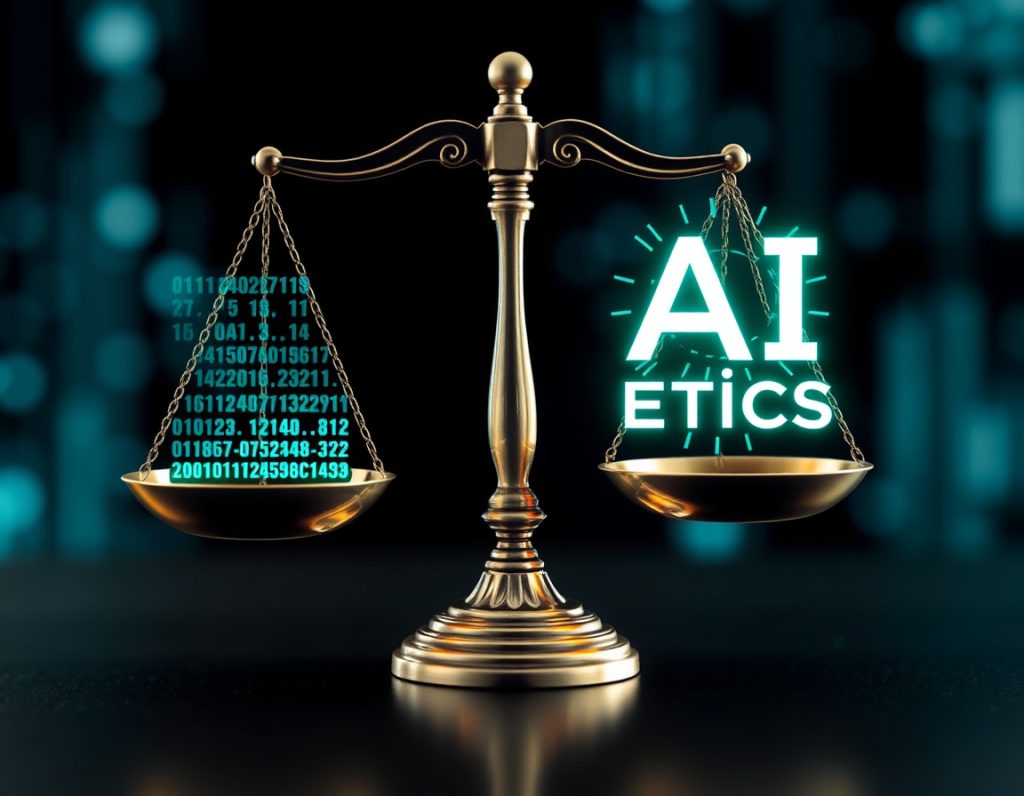
4. Critical Thinking and AI Evaluation
Okay, critical thinkers, time to flex those brain muscles! In the age of AI, not everything that glitters is gold – or even real.
We need to be able to assess the reliability of AI-generated information. It’s like having a built-in fact-checker in your brain. This involves understanding the limitations of AI systems, recognizing potential errors or biases in AI outputs, and verifying information through multiple sources.
And let’s not forget about AI risk assessment. Every silver lining has a cloud, and AI is no exception. We need to be able to spot potential pitfalls while appreciating the benefits. This includes understanding the potential societal impacts of AI systems, from job displacement to privacy concerns.
Developing a healthy skepticism towards AI claims is crucial. Just because an AI system says something doesn’t make it true. Learning to question and verify AI-generated information is a key skill in navigating our increasingly AI-driven world.

5. AI-Human Collaboration Skills
Here’s a fun fact: AI isn’t here to replace us; it’s here to work with us! Human-AI interaction is the name of the game.
We need to understand how to communicate effectively with AI systems. It’s like learning a new language, but instead of “hola,” you’re saying “Hey, AI, let’s solve this problem together!” This involves understanding how to phrase queries, interpret AI responses, and provide feedback to improve AI performance.
And talk about a productivity boost! Leveraging AI tools can supercharge your work and creativity. It’s like having a super-smart assistant who never needs coffee breaks! From AI-powered writing assistants to data analysis tools, learning how to effectively use these technologies can give you a significant edge in your studies and future career.

Remember, the key to mastering these AI literacy skills is practice, curiosity, and persistence. Don’t be afraid to experiment with AI tools, ask questions, and push the boundaries of what you think is possible. The AI revolution is just beginning, and you’re at the forefront. So dive in, have fun, and get ready to change the world, one AI skill at a time!
6. Programming and AI Tools Literacy
Don’t panic! You don’t need to be the next Steve Jobs to understand AI programming concepts. But a little coding know-how goes a long way.
Familiarizing yourself with popular AI platforms is key. It’s like knowing your way around a digital toolkit. And the best part? You get to play with cool AI toys – I mean, tools! Whether it’s TensorFlow, PyTorch, or cloud-based AI services, understanding the basics of these platforms can open up a world of possibilities.
Getting some hands-on experience with simple AI applications is invaluable. Try building a basic chatbot or image recognition system. It’s not about becoming an AI developer overnight, but about understanding the process and potential of AI development.
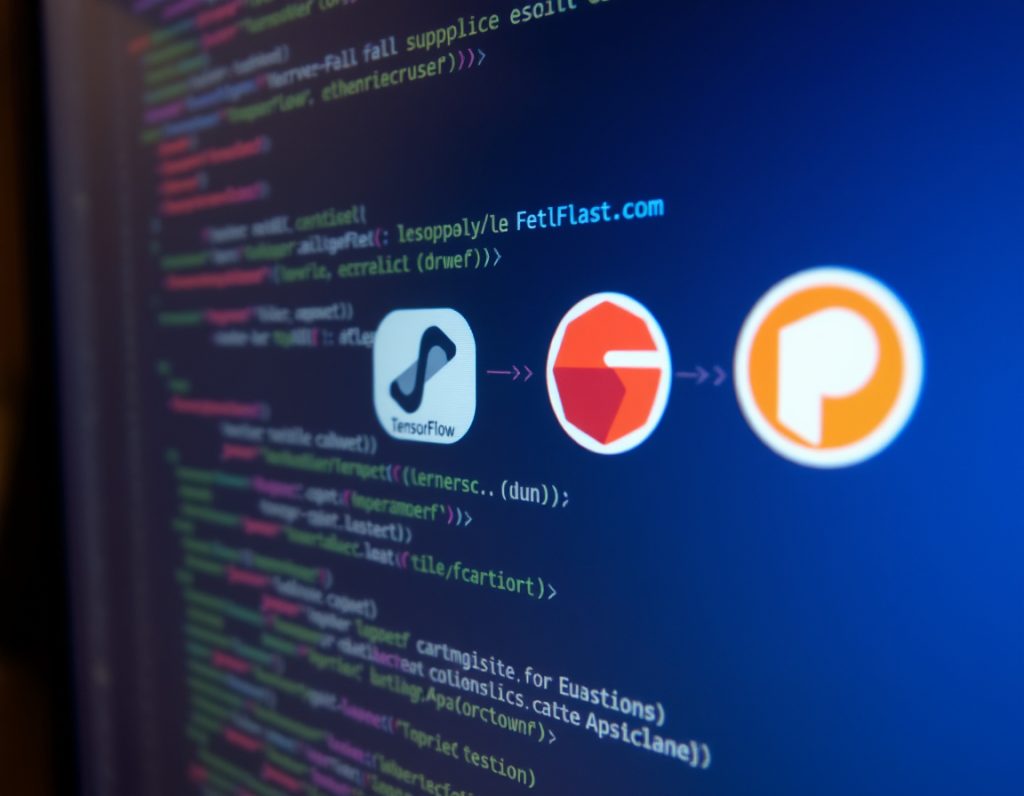
7. Problem-Solving with AI
Here’s where things get really exciting. AI problem-solving is like having a superpower. You need to learn how to frame problems in a way that AI can understand and solve.
It’s all about choosing the right AI technique for the job. Think of it as picking the right tool from your shiny new AI toolkit. This involves understanding different AI approaches like machine learning, deep learning, and natural language processing, and knowing when to apply each.
An iterative approach to AI-assisted problem-solving is key. AI solutions often require fine-tuning and multiple iterations to achieve optimal results. Learning to work through this process patiently and methodically is a valuable skill.
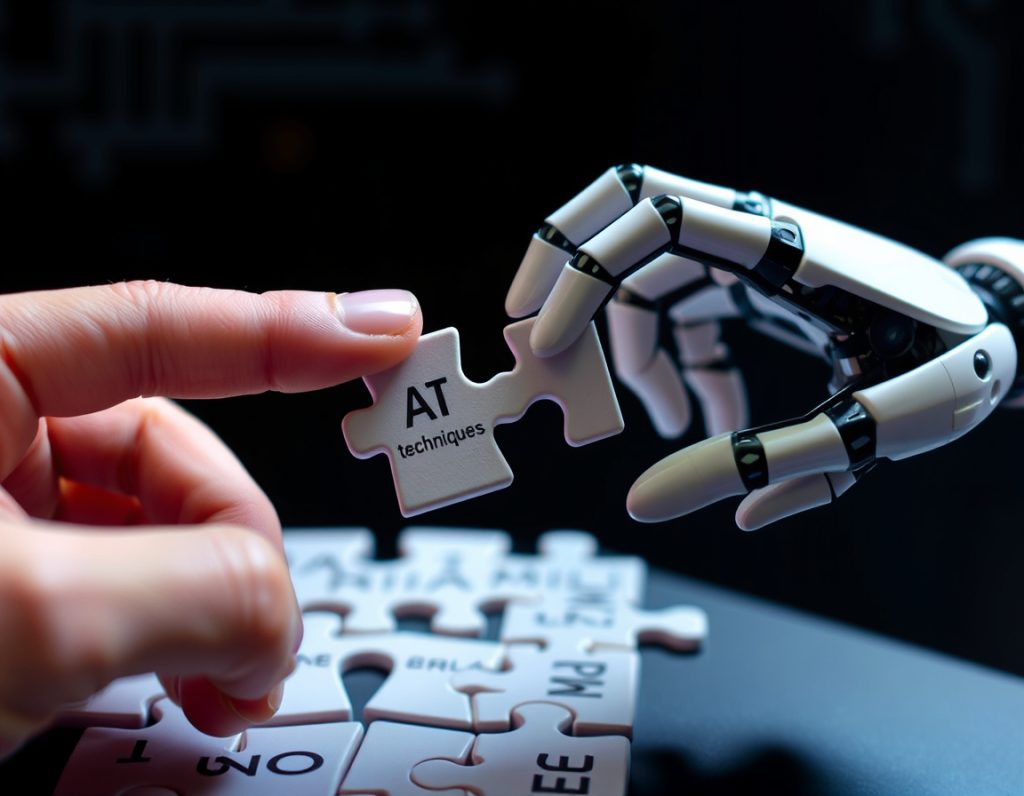
8. AI in Specific Domains
AI isn’t one-size-fits-all. It’s revolutionizing everything from healthcare to finance to education. Understanding AI industry applications is like having a crystal ball for your future career.
In healthcare, AI is helping diagnose diseases and develop new treatments. In finance, it’s powering algorithmic trading and fraud detection. In education, it’s personalizing learning experiences. Knowing how AI is applied in different fields can help you spot opportunities and stay ahead of the curve.
Stay curious and keep an eye on AI advancements in fields that interest you. Trust me, it’ll give you a major leg up in the job market!
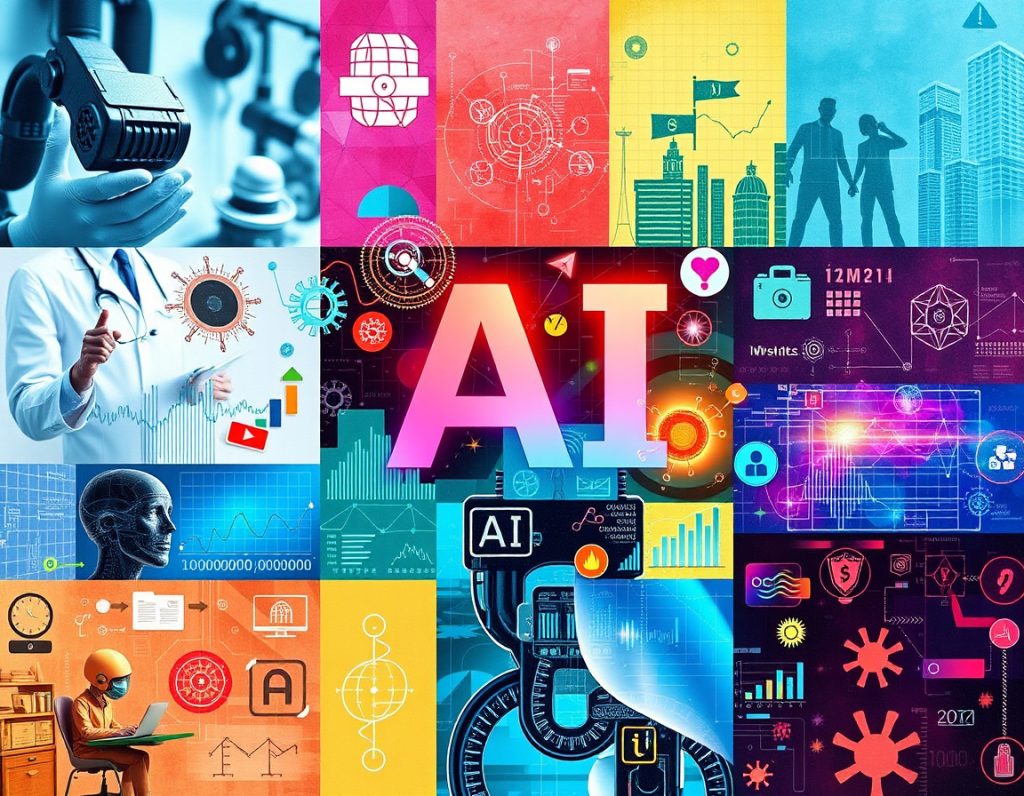
9. AI and Society
Brace yourselves: AI is changing society as we know it. Understanding the AI job market impact is crucial for future-proofing your career. Some jobs may disappear, but new ones will emerge. The key is to position yourself as someone who can work alongside AI, not compete with it.
But it’s not just about jobs. AI is reshaping our world in profound ways. Get involved in discussions about AI governance and policy. Your voice matters! Understanding the social and economic implications of AI adoption is crucial for being an informed citizen in our AI-driven future.

10. Continuous Learning and Adaptability
Last but definitely not least: embrace the journey! Developing a growth mindset for AI is key. The world of AI is evolving faster than a cheetah on roller skates, so we need to keep up!
Find strategies that work for you to stay updated on AI developments. Maybe it’s podcasts, online courses, or good old-fashioned books. Whatever floats your boat!
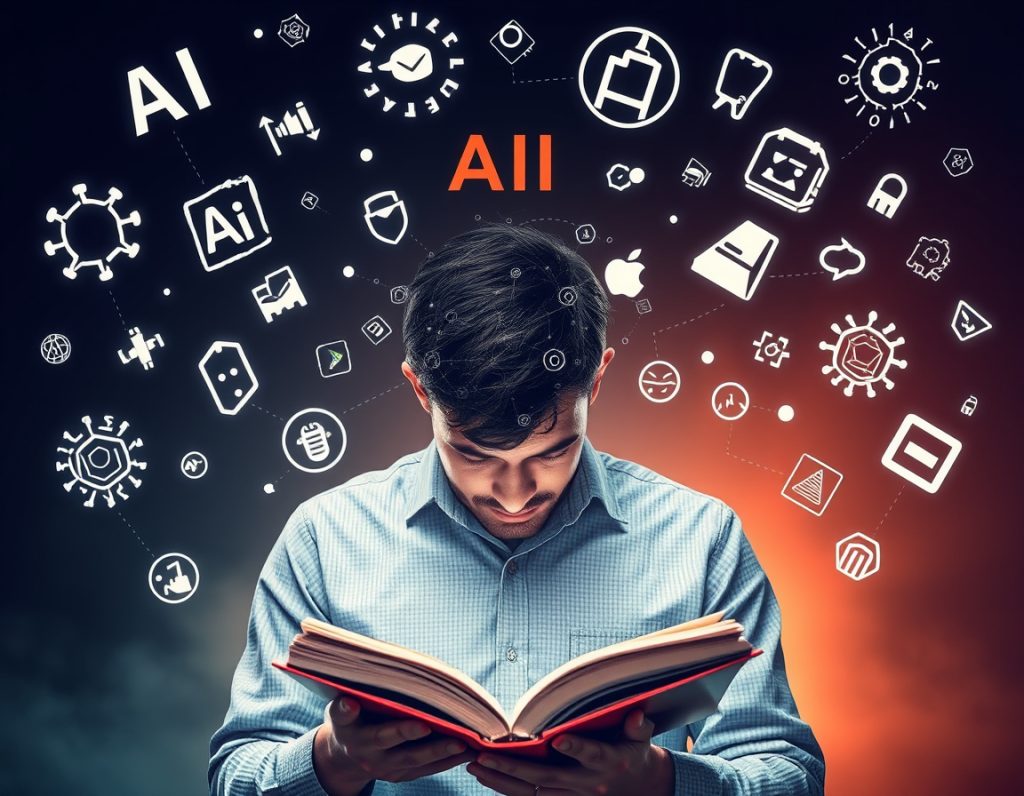
And remember, lifelong learning in AI isn’t a chore – it’s an adventure! Every day brings new discoveries and opportunities in the world of AI. Staying curious and adaptable is your ticket to success in this rapidly changing field.
There you have it, folks! The 10 essential AI literacy skills every student needs to master. From understanding the basics to shaping the future of AI in society, you’re now equipped to take on the AI revolution.
Remember, developing these AI literacy skills isn’t just about staying relevant – it’s about being a leader in a world increasingly shaped by artificial intelligence. It’s about understanding the potential and limitations of AI, using it ethically and effectively, and contributing to its responsible development and use.
So go forth, explore, learn, and who knows? Maybe you’ll be the one teaching AI a thing or two in the future! The possibilities are endless, and with these skills in your toolkit, you’re ready to shape the AI-driven world of tomorrow.
Now, are you ready to embark on your AI literacy journey? The future is AI-powered, and with these skills under your belt, you’re not just prepared – you’re unstoppable! Let’s show the robots what human ingenuity can do!
Conclusion:
Wow, what a journey through the AI landscape! We’ve covered the 10 essential AI literacy skills that every student needs to conquer the digital frontier. From understanding AI basics to tackling ethical dilemmas, you’re now armed with the knowledge to navigate this brave new world.
Remember, mastering these AI literacy skills isn’t just about staying relevant – it’s about shaping the future. As AI continues to evolve at breakneck speed, your ability to understand, use, and critique these technologies will be your superpower. So, don’t just sit back and watch the AI revolution unfold – be part of it!
Ready to level up your AI game? Start by diving deeper into one of these skills today. Whether it’s tinkering with an AI tool or discussing AI ethics with your peers, every step counts. The future is AI-powered, and with these skills in your arsenal, you’re not just prepared – you’re unstoppable!
